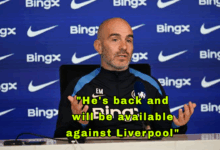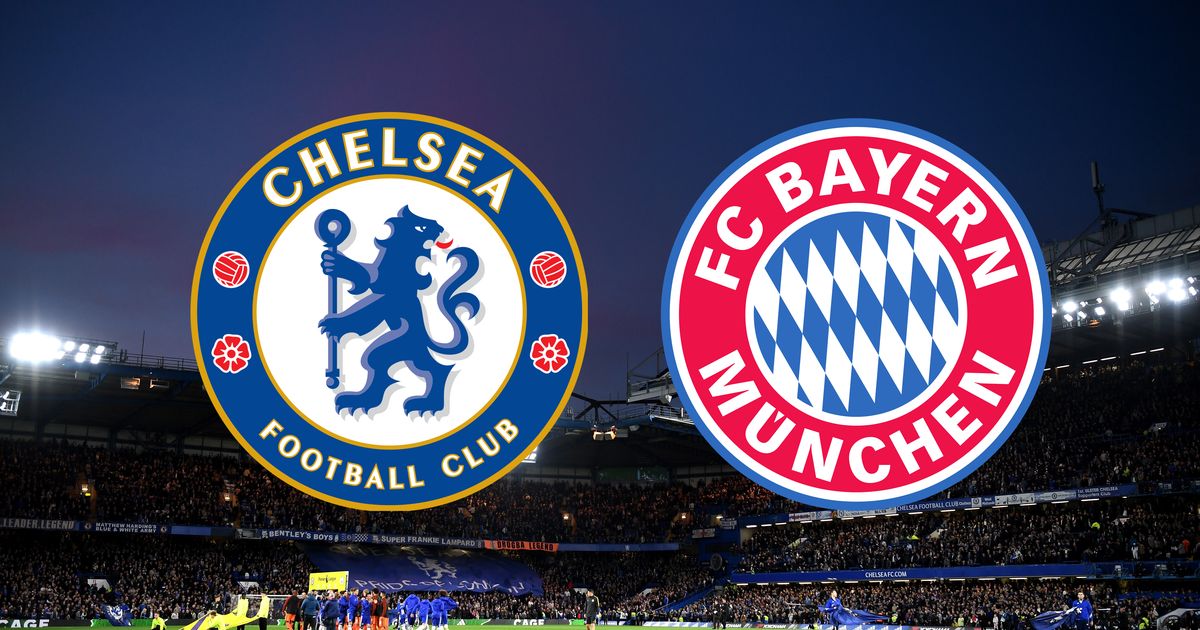UEFA Sanction Blocks Transfers for Chelsea, Aston Villa Clubs
Two major Premier League clubs, Chelsea and Aston Villa, have been issued a UEFA sanction after breaching the European football authority’s financial rules. Both clubs now face possible restrictions on registering new players unless they correct their financial imbalances by the end of the current summer transfer window.
The UEFA sanction was imposed following an investigation by UEFA’s Club Financial Control Body (CFCB), which enforces strict financial rules across clubs participating in European competitions like the Champions League and Europa League.

Why Did Chelsea and Aston Villa Receive a UEFA Sanction?
Chelsea has been fined €31 million (about £26.7 million) and may have to pay an additional €60 million (£51.2 million) if they fail to comply with UEFA’s financial regulations over the next four years. Aston Villa faces a smaller UEFA sanction of €11 million (£9.5 million), with a conditional fine of €15 million (£12.9 million) hanging over them if they don’t follow the rules within three years.
The main reason for the UEFA rule is both clubs exceeding the permitted squad cost ratio — a regulation that limits the portion of a club’s income that can be spent on player wages and related costs. UEFA rules state this ratio should not exceed 80%, but both clubs surpassed the threshold.

What is the Squad Cost Ratio?
The squad cost ratio is central to UEFA’s financial fair play framework. It ensures clubs are not overspending on wages in proportion to what they earn. When clubs exceed this ratio, they risk receiving a UEFA discipline, as has happened in this case with Chelsea and Aston Villa.
If either club ends the transfer window with a negative balance — meaning they’ve spent more than they’ve earned in transfers — they will not be allowed to register new players for UEFA competitions. This UEFA decision could severely impact Chelsea’s return to the Champions League in 2025-26 and Aston Villa’s participation in the Europa League.

Chelsea’s Response to the UEFA Sanction
Chelsea responded to the UEFA sanction with a public statement saying they had worked closely and transparently with UEFA throughout the process. The club claimed that its financial performance is on an upward trajectory and that it aimed to resolve the issue quickly through a formal settlement.
“Chelsea FC greatly values its relationship with UEFA and considered it important to bring this matter to a swift conclusion by entering into a settlement agreement,” the club stated.
Chelsea’s financial report in June 2024 showed a £128.4 million pre-tax profit, which included £200 million from the sale of the club’s women’s team to another company under its parent firm BlueCo. Additionally, the club sold two hotels to a related entity. While these actions helped Chelsea meet domestic rules, they weren’t acceptable under UEFA’s stricter guidelines — hence the UEFA sanction.

Aston Villa’s Financial Position
Aston Villa has not made any major signings during this transfer window, likely due to the risk of receiving a heavier UEFA sanction. The club is also reportedly planning to sell its women’s team to comply with the Premier League’s Profit and Sustainability Rules, though such a move may not be enough to overturn their current UEFA sanction.

How UEFA Enforces Financial Fair Play
UEFA’s financial control body emphasized that clubs cannot count profits from internal transactions, such as: Selling assets like hotels or training grounds, Player swaps.
Transfers between clubs with shared ownership
Chelsea’s strategy of selling the women’s team and other internal assets didn’t satisfy these standards. That led directly to the UEFA sanction they’re now facing. The same applies to Aston Villa’s attempts to stay within spending limits.
Other Clubs Facing UEFA Sanctions
Chelsea and Aston Villa aren’t alone. Spanish powerhouse Barcelona received a €15 million UEFA sanction for similar breaches. French club Lyon was fined €12.5 million and agreed to withdraw from European competition if its appeal against relegation to Ligue 2 fails due to domestic financial problems.
Lyon’s punishment also affects Crystal Palace, which may be at risk of breaching multi-club ownership rules. American businessman John Textor has stakes in both Lyon and Palace, and UEFA is investigating this situation. If a conflict of interest is found, Palace could also receive a UEFA sanction, jeopardizing their spot in the Europa League.
Impact of the UEFA Sanction on Future Competitions
These penalties demonstrate UEFA’s serious commitment to enforcing financial sustainability. The UEFA sanction model is not just about punishing clubs — it’s also about encouraging responsible financial behavior across all levels of European football.
Failure to meet UEFA’s rules could result in bans, further fines, or exclusion from prestigious competitions. With Chelsea aiming for Champions League success and Aston Villa looking to make their mark in the Europa League, both clubs must act fast to comply with their UEFA sanction terms.
https://footkix.com/2025/07/04/focus-keyword-pedro-neto-miss-club-world-cup/
Final Thoughts on the UEFA Sanction
The UEFA sanction process is a reminder that even the biggest clubs are held accountable for their financial conduct. Whether you’re a fan, manager, or investor, the message is clear: sustainability matters.
As the summer transfer window progresses, all eyes will be on Chelsea and Aston Villa. Will they sell enough players to generate a positive balance and avoid stricter penalties? Or will they suffer the consequences of another UEFA sanction?








